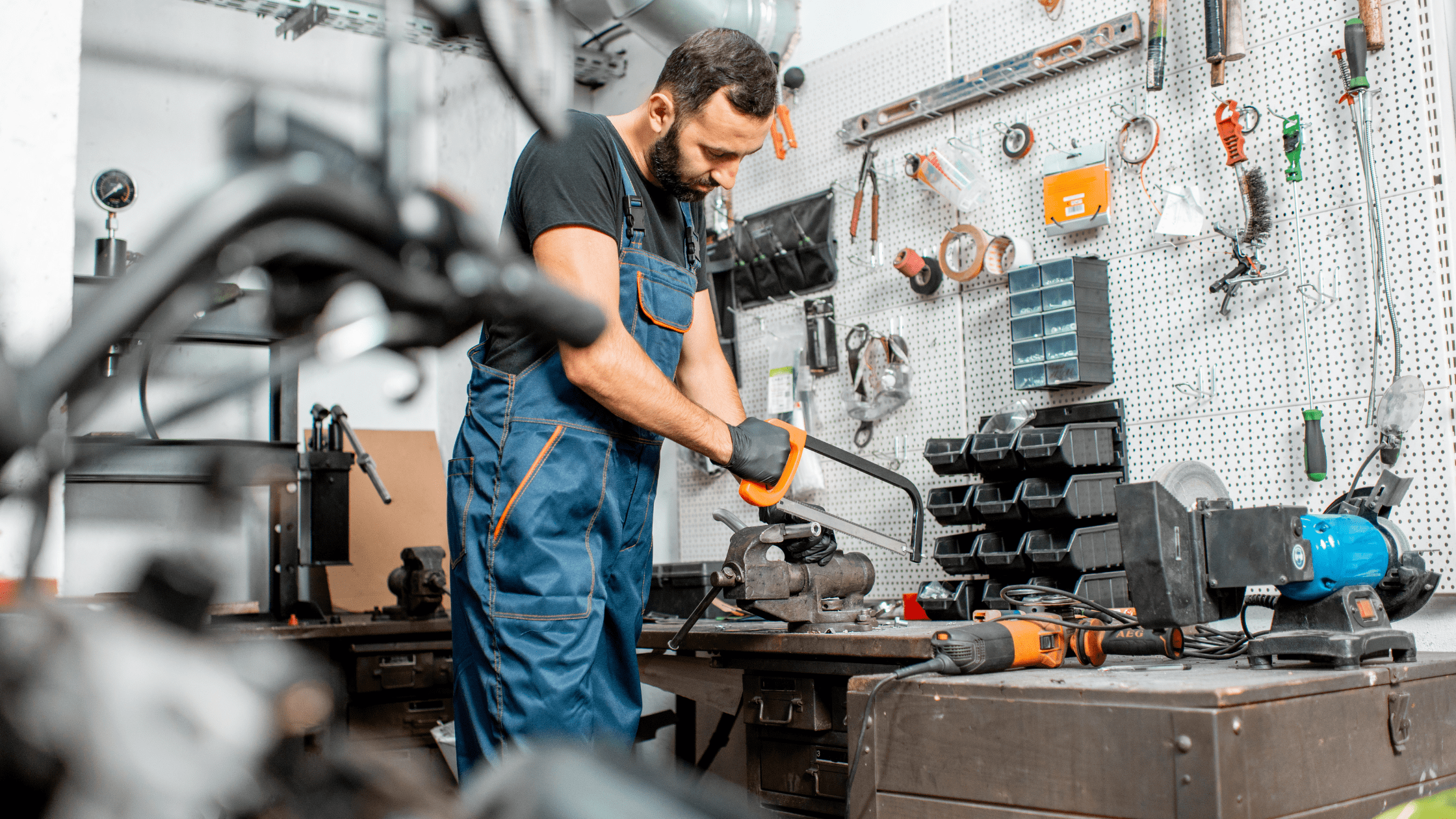How might your profession be affecting your sperm?

The good news is, that as new sperm are continually being created, by making positive lifestyle changes now, in as little as 3 months, your sperm could be healthier and your fertility increased.
Strict guidelines are enforced in the UK and your employer is legally required to ensure that you have the training and equipment that you need, in order to keep you safe. However, if you are concerned, then speak to your GP and consider some of the measures below, to reduce your risk.
Working with pesticides and solvents
Painters, printers and those working in the plastics industry, are some of the people whose fertility may be affected by their profession.
Some pesticides may have oestrogen-like effects and some solvents have, in the past, been shown to negatively affect sperm creation. The risk now appears to be much lower, due to modern regulations, but if you are concerned, you can seek advice from the HSE.
You should always take the advised precautions and shower and change after coming into contact with any hazardous chemicals.
Working with heavy metals
Certain types of heavy metals, for example lead and cadmium, have been shown to be associated with lower sperm counts. Mercury and manganese, may also have a negative effect on fertility.
If you work with them, you should always take the advised precautions and shower and change after coming into contact with any in powdered form.
Working with radiation
Ionising radiation, such as X-rays and gamma rays, has been shown to reduce sperm counts, but if you are working with it, clear guidelines will be there to reduce any risk.
Non-ionising radiation, such as wifi, could potentially affect fertility, if the temperature of your groin area increases because of it. You could reduce the risk by keeping phones, etc, away from your groin area.
Working in a hot environment
Bakers, welders and men who work in hot environments, may find that their sperm is affected.
The testicles hang outside of the body, as they need to be at a lower temperature. If you are working in a hot environment, their temperature can rise, which can affect both the quality and quantity of sperm produced.
Long-distance runners can also be at risk from the rise of temperature of the testicles.
Wearing cool clothes may help.
Remaining seated at work for long periods
Office workers, taxi drivers, long distance lorry drivers and driving instructors may find that their fertility is affected by long periods of sitting still, due to the temperature of the testicles rising. The vibrations of the vehicle may also have a negative impact, if you spend long periods of time driving.
Standing up and moving around, whenever you get the opportunity, could be beneficial.
Additional advice
As well as speaking to your GP, you could also ask your union for advice.
The HSE (Health and Safety Executive) publish detailed information about risks at work. They can put you in touch with someone who can look at your personal work circumstances and offer advice.
Here at the IVF Network, we provide a wide range of information related to fertility, conception and pregnancy. We do this through our dedicated channel of experts, our website and our blog posts, so that you can make informed choices on your personal fertility journey.
References
‘Dads-to-be: how your job can affect your fertility’ by Polly Logan-Banks, medically reviewed by Hamed Al-Taher.
https://www.babycentre.co.uk/a564484/dads-to-be-how-your-job-can-affect-your-fertility
‘Professions associated with male infertility’ Nashville Fertility Center
https://www.nashvillefertility.com/professions-associated-with-male-infertility/
HSE (Health and Safety Executive)